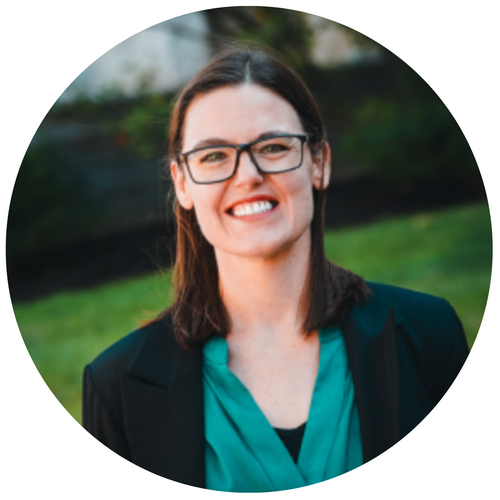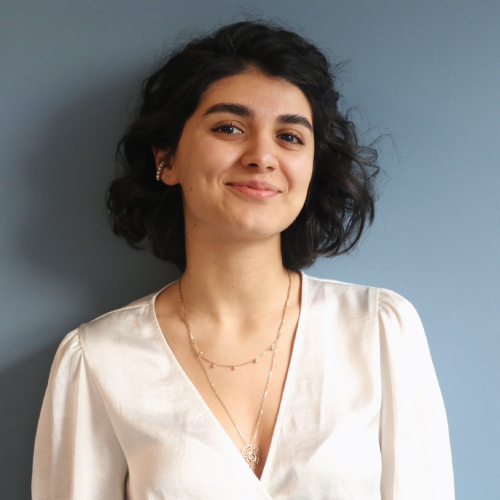Description of the video:
In order to affect change in the world, you first need to try and understand the world. And so a Master of International Affairs will do exactly that.
The MIA program is designed to bring the world class education of public affairs and public administration from the O'Neill School, together with the excellent foreign language and international and area studies instruction from the Hamilton Lugar School.
The joint program, it was perfect for me because it has like the best from both schools. You can have access to the faculty of both the schools but also to the resources.
O'Neill and HLS have both given me opportunities to meet with dignitaries like Senator Evan Bayh, met multiple ambassadors, secretary generals. And as a student they gave us opportunities to have lunch with them and have meetings with them. Unbridled access that I didn't think I would get here in the Midwest.
We're one of the first of its kind at a public research university where we offer a broader array of courses and faculty, but also at an affordable cost without giving up that connection to great careers or great opportunities abroad.
The skills that I learned at IU that prepared me well for the Foreign Service was the concrete skills of economics and budgeting, statistics, social science research. Having the deep background both on the international relations, as well as the public affairs side is really critical, because the problems of today's world are really complex and you need to be able to understand them from lots of different perspectives.
We really have faculty they're at the forefront of their fields. People who are academically oriented, who publish in the top journals in the world, but also people who are practitioners, who advise organizations like the World Bank, the United Nations, that provide you those connections to the outside world in a very practical way.
My relations with professors, their support really helped me a lot. I approached them for career guidance, for supporting me with my research, and creating some meaningful relationships that will be beneficial for my future.
IU was definitely my best option they have given me many tools. All the learning is not just in the books and in the classes, but also the opportunity to take this into a professional level, as all the internships that we have access to.
All the people who graduate with this Master of International Affairs are going to be little seeds we're planting out there to put that knowledge to use to help our state, our country, and eventually the world. So it's not just an academic perspective, it's actually a practitioner perspective.




